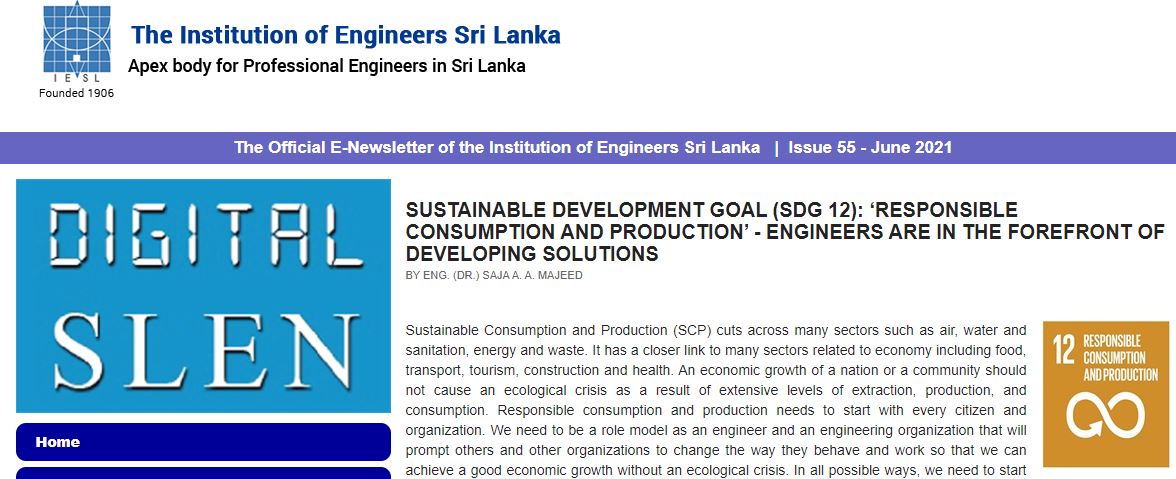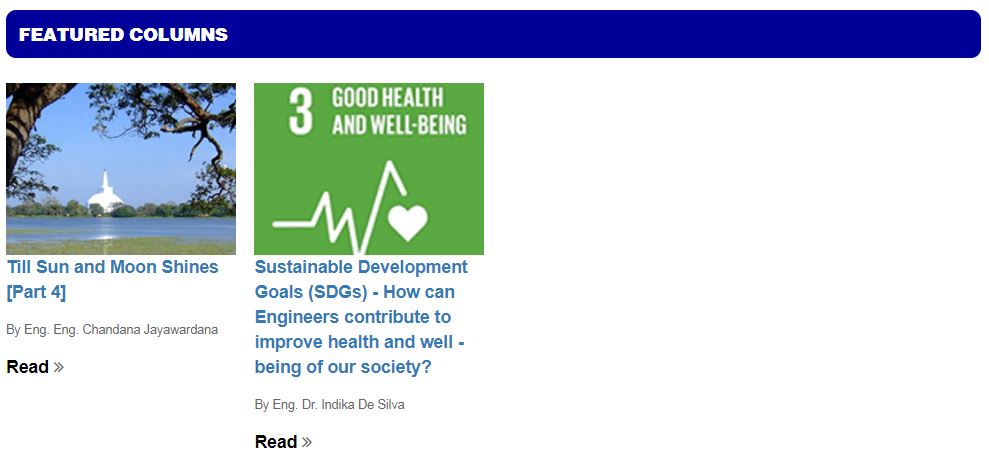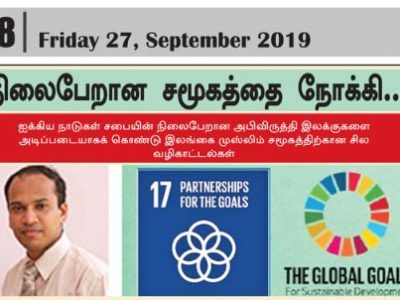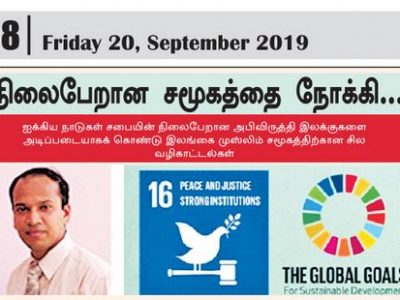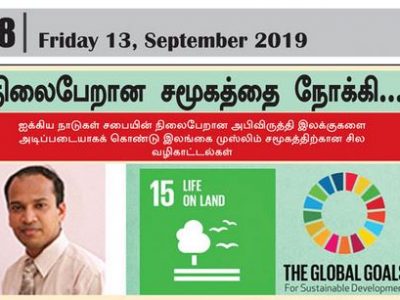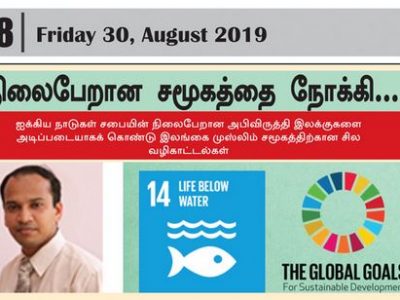9 management components for highly effective Muslim organisations Impact-oriented Strategic Planning
The principles of an organisation are reflected in the ways it works, internally as an organisation and externally in its relationship with stakeholders such as communities, service users or beneficiaries. A principle is a belief or rule about which people agree, it is an idea or concept that people support, it is something that guides everybody’s practices.
Without a clear focus to the programmes that an organisations planning to implement, it is difficult, if not impossible for an organisation to achieve significant impact because its energies and resources will be poorly channelled and dissipated. That is why the impact oriented strategic planning is crucial.
Having this thinking in mind, we now need to ask a question ‘Have we ever done an impact assessment of a project or programme or even of the work of our organisation?’ I think this has been a serious issue in our way of working in this country. We hardly heard about any impact assessment carried out by our Muslim organisations? Some organisations may have done it to certain extend, not as a complete comprehensive as it should be for an impact assessment. Moreover our working methodologies and the environment do not likely to allow it to be effectively and positively shared even at bi-lateral level, not at all at the public domain.
Most of the organisations failed to understand that the findings and recommendation of an impact assessment at a regular interval (ideally matching the strategic timeline of the organisation) are important survival bullets for those organisations. More often we come across (I did) people who do not want to talk about impact assessments, sidelining it very simply and negligently as it is waste of time and resources. But they are hardly convinced that one rupee they may spend in a proper impact assessment may save lots of million rupees they may be spending in implementing in a non-strategic, useless activity. Well! It is more than money.
Why is this mentality?
It is always convenient not to have to do it, which requires serious consultations with all the people concerned and sometime challenges the organisational leadership. Perhaps, it may come from a conservative mindset and not feeling the need for it, lack of willingness to look at things differently. This is not acceptable at any cost. Muslim organisations in this country need to increase its efforts to demonstrate impact and it should be clearly evident at the public domain. We need to talk about evidence based results as to what works well and what doesn’t. If it doesn’t, why and how to make it work.
To measure and demonstrate impact, action needs to be taken at various stages or sections of an organisation. It cannot be done as an add-on alone and throughout all stages and sectors participatory approaches are key, which should be taken where possible. In theory, need assessment should provide baseline, against which impact can later be measured. We know about SWOT (Strengths, Weaknesses, Opportunities and Threats) exercise which most of the organisations undertake, every year. However we often lack fundamental requirement, which is needs assessment or baseline data analysis (often called situational analysis in the programme management) – which inform us what we should do?
I am reminded of the below diagram and to think through what we should do to make an impact is the sub-sets of 3 important circles of what needs to be done, what we want to do and what we are capable of doing.
This is very simple to express and to depict in a diagram, but I think very exhaustive as well as very important piece of work that every organisation needs to do before it puts its feet into any agenda.
We are very much eager and focused on gathering information for planning and fundraising than building a comprehensive, bigger picture of the need and the prioritisation of the needs. Latter is the only tool to make decision of what we want to do or what impact we are trying to make. We have competition among our organisations and sectors, transparency is missing in our actions and more importantly sharing at least the basic information is often discouraged as it might pose a threat to the role and the survival of our institutions. This makes me often think as this is absolutely a survival mechanism of the organisation and completely missing the goal of its existence. This leads to a simple fundamental question “Are we building an organisation just for its existence and to justify our presence in the society? or our existence is because we aim at changing something not desirable and to address issues linked to that?
Well! We now see that lack of baseline is not the only problem, it is more than that. Without a common strategy, and agreed definitions of our actions’ outcome, it is difficult to measure and agree on the impact. Moreover a leadership which can strongly engage and willing to make partnerships at different levels are simply essential. At best, internal monitoring of the activities of our organisations is extremely weak and suffers from patchy, inconsistent efforts.
I couldn’t write more about what and how of strategic planning in this series. Of course! That is not really my intention. We have enough books to refer about strategic planning for organisations. Therefore my intention here is to stress the importance of making any strategic planning more impact oriented and reasoning for it – more of why?
For people who expected more on what and how of strategic planning I would like to encourage referring the book written by Professor Rafik Beekun on “Strategic Planning and Implementation for Islamic Organisations”. I just copied a diagram from that book which depicts the strategic management process for an Islamic organisation, well thought through different important steps to make not only the strategic plan impact oriented, but also its process.
Saja is professionally an Engineer, works with International NGOs. His interest also includes organisational management and development.

